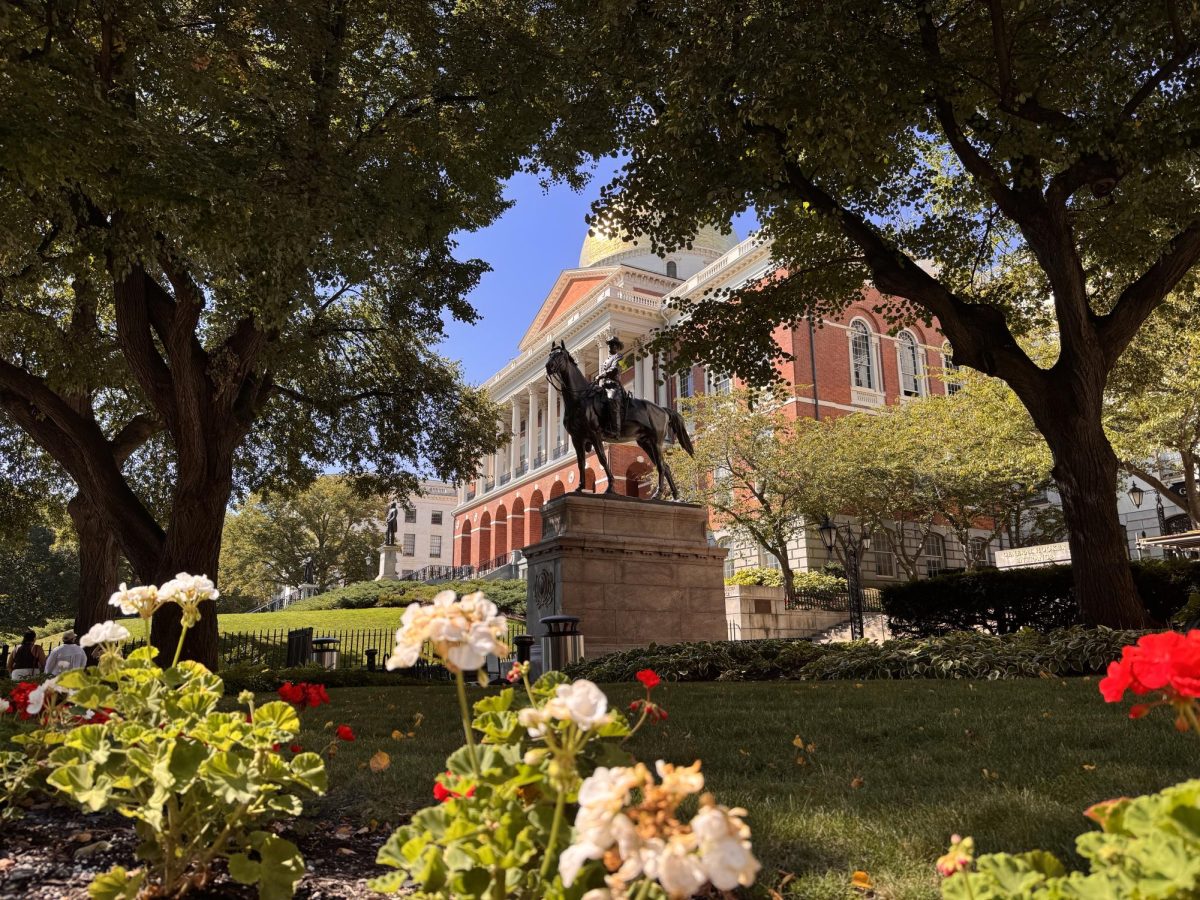Beacon Hill Report:
The Massachusetts State Legislature has denied calls from county sheriff offices across the state for extra funding as they have seen large budget overruns this year, according to WBUR.
Sheriffs across the state have blamed cost of living pay increases for unionized staff, free phone calls and health care costs for inmates as their biggest budget overrun items.
Reportedly all 14 sheriff offices across the state are over budget and require at least $121 million more than they were originally budgeted for the 2025 fiscal year. Instead of meeting the demands for additional funds, the legislature is demanding the offices be investigated.
“Lawmakers said Tuesday they plan to withhold the ‘majority’ of $162 million that Gov. Maura Healey wrote into a multi-billion-dollar bill making its way through the Legislature to close out the books on fiscal year 2025. The cash was earmarked to cover spending by the sheriffs that went over budget, raising ‘serious questions and concerns,’ according to a press release from legislative leaders,” WBUR reported.
Lawmakers on Beacon Hill are instead pushing a bill that, along with funding billions in other state priorities, would compel the Inspector General to investigate the sheriffs offices.
These calls come as multiple Massachusetts sheriff’s offices have been embroiled by scandals in the past few months, including Suffolk County Sheriff Steven Tompkins who was arrested by the FBI in August during a trip to Florida.
Tompkins was arrested on charges of extortion, “prosecutors allege that Tompkins, 67, who has served as Suffolk County sheriff since 2013, used his official position to threaten a cannabis executive into returning $50,000 he’d invested in initial shares of the company,” WBUR reported.
In September, Norfolk County Sheriff Patrick McDermott was ordered to pay $36,000 in fines to the Massachusetts Office of Campaign and Political Finance after he was found to have spent $37,000 in campaign funds on personal and private business expenses.
Health in the Commonwealth:
As the federal government shutdown enters its fourth full week, Massachusetts, along with nearly every other state, is nearing the end of its federal funding for the Supplemental Nutrition Assistance Program Nov. 1.
Gov. Maura Healey announced Oct. 23 that the state would not have enough funding to keep the program going after federal funds ran out Oct. 24. The program receives nearly $240 million in federal funds each month in Massachusetts alone.
The program provides food purchasing assistance to those with low or no income across the United States. SNAP is primarily funded by the United States Department of Agriculture, but is administered by individual states.
More than one million people receive assistance through SNAP in Massachusetts, according to WBUR.
“President Trump is making a choice because right now, sitting in Washington, is a contingency fund of billions of dollars that the president can use to make these funds available next week to relieve the anxiety that so many people are experiencing around the country, including in Massachusetts,” Healey said in a press conference Oct. 24.
Rep. Jim McGovern from central Massachusetts said in a statement, “This is also yet another act of retaliation and revenge by a resentful and vindictive president. Massachusetts taxpayers send more to Washington than we get back—with the expectation that federal food assistance will be there for our friends and neighbors if and when they need it.”
Massachusetts, along with 24 other states, filed a lawsuit against the Trump administration Oct. 28 over the suspension of SNAP payments.
Read All About It:
- The Cambridge City Council approved a 22% tax increase for commercial real estate in the city. The tax package also included a tax rise of five percent for homes in the city.
With the increased tax rate Cambridge still has a lower commercial tax rate than many surrounding towns and cities.
“Holding taxes flat would require cutting services, councillors said, noting that Cambridge offers more programs and services than most cities – programs residents have grown accustomed to,” the Cambridge Day reported.
- Plans made by the Healey administration to increase the Massachusetts housing stock have been working well by many reports.
From early 2020 to mid 2025 Massachusetts added over 97,000 housing units across the state. The vast majority of the added units were in metro Boston, around 70,000 were built here, according to WBUR.
Boston Indicators Executive Director Luc Schuster told WBUR’s John Bender that, “The vast majority of land in Massachusetts is restricted for only constructing large, single-family homes,” he said. “This is the most expensive type of housing … and we’ve set local rules that say that’s legally the only type of housing you can build.”



















